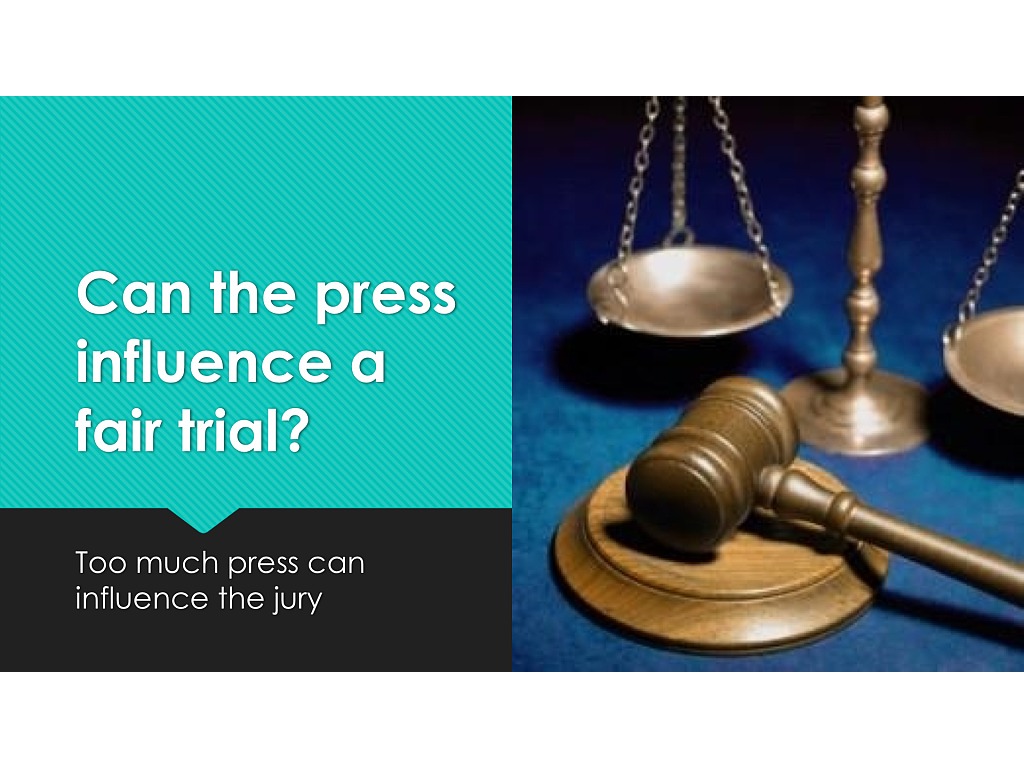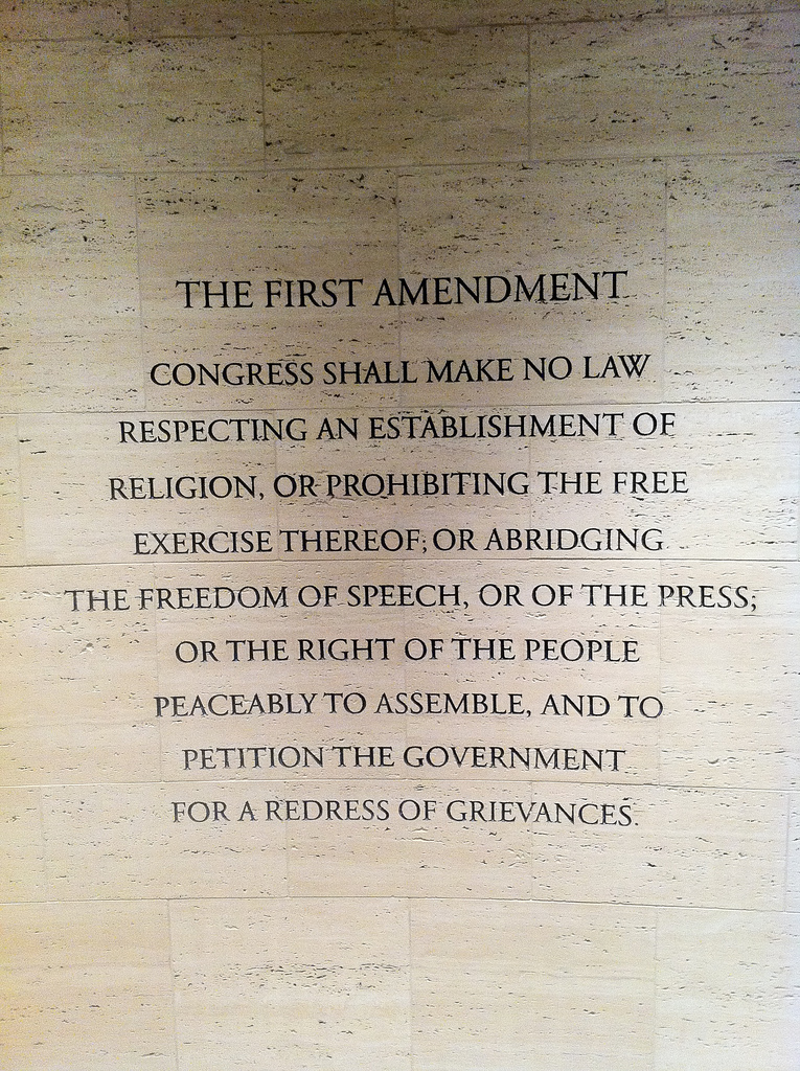


This includes such “speech activities such as fraud, perjury, blackmail, espionage, and treason” (p. And “speech designed to disrespect and distort the integrity of another’s mental processes or autonomy” (pp.59 Baker includes most commercial speech in this category) Speech “not chosen by the speaker and which, therefore, cannot be attributed to the speaker’s manifestation of her substantive values” (p."Speech involved in an actual or attempted taking of, or physical injury to, another’s person or property” (p.With such an understanding, it is possible to restrain three distinct types of speech: Liberty model restrains three types of speech Democracies properly promote policies that promote “equal respect for persons as autonomous agents” (p. He believes such nonviolent, noncoercive speech serves two primary values, namely, “self-fulfillment” and “self-realization” (p. Baker describes his model as embracing the idea “that the First Amendment protects a broad realm of nonviolent, noncoercive, expressive activity” (p. Liberty model: Speech and expression should be protected because of value to individualīaker says that in his liberty model, “Speech or other self expressive conduct is protected not as a means to achieve a collective good but because of its value to the individual” (p. 6–7).īaker similarly rejects the idea that the First Amendment was primarily designed to protect “political speech” indeed, he argues that this is simply an attempt to adapt the marketplace of ideas approach to the political arena (p. Baker rejects 'marketplace of ideas' model of First Amendmentīaker (1989) believes that the marketplace model, which he largely traces to John Stuart Mill’s On Liberty, is unpersuasive because it rests on unproven ideas that truth is objective and discoverable, that people are basically rational, and that this rationality would enable individuals to judge such truths (pp. Edwin Baker developed the “liberty model” of the First Amendment as an alternative to the model of the “ marketplace of ideas,” which the Supreme Court has often cited in its decisions. Baker believes the First Amendment protects speech because of its value to the individual. Edwin Baker developed the “liberty model” of the First Amendment as an alternative to the model of the “marketplace of ideas,” which the Supreme Court has often cited in its decisions.


 0 kommentar(er)
0 kommentar(er)
